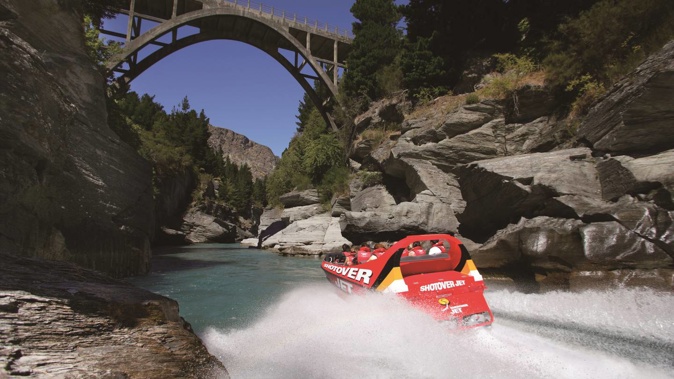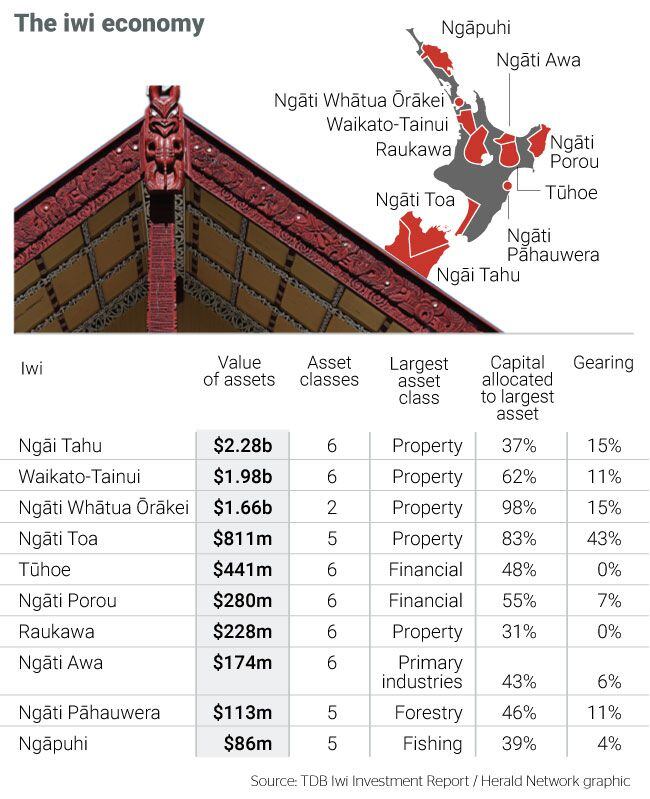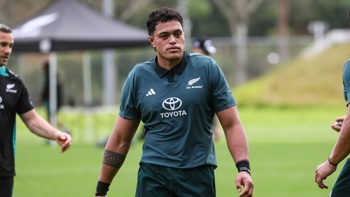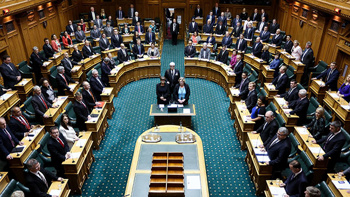
The biggest post-settlement iwi have a growing asset base, now estimated to be worth around $8.1 billion, but property revaluations are no longer boosting the balance sheets of the 10 as they were.
A new report out today from Wellington-headquartered consultants TDB Advisory assessed the assets of Ngāi Tahu, Ngāpuhi, Ngāti Awa, Ngāti Pāhauwera, Ngāti Porou, Ngāti Toa, Ngāti Whātua Ōrākei, Raukawa, Tūhoe and Waikato-Tainui.
Aotearoa’s wealthiest iwi which has settled with the Crown under Te Tiriti o Waitangi remains Ōtautahi-headquartered Ngāi Tahu with $2.28b assets up on 2021′s $1.92b.
Waikato-Tainui jumped from third to second place with $1.97b, up on $1.52b previously. Ngāti Whātua Ōrākei has gone from second to third with $1.6b, previously $1.55b.
All up, the 10 iwi have around 69 per cent of all post-settlement iwi assets, which TDB said it estimated to be worth around $11.7b, up $900m on last year.
Phil Barry, of TDB, said: “The top 10 reported good returns from 2022 but it might take a bit more time to reflect market realities, so I wouldn’t be surprised if there were negative impacts on the accounts in the 2023 year.”
Waikato-Tainui had enjoyed a particularly strong year, boosted by the value of a new inland port at Ruakura under development in a joint venture with the Port of Tauranga, Barry said.
/cloudfront-ap-southeast-2.images.arcpublishing.com/nzme/JYAOGAQ5HBD2VP52F7OUWBG2J4.jpg)
Early earthworks on stage one of the nearly 500ha Ruakura Superhub. Photo / Supplied
The new report covers the same nine iwi as last year with Ngāti Toa added. That is a fast-growing but also relatively high-geared entity, primarily based in the Wellington region.
In 2021, the nine iwi had total assets of $6.3b. If Ngāti Toa is excluded from the latest numbers for 2022, total assets for the nine iwi are valued at $7.3b, up 16 per cent.
The latest year was largely positive for all iwi except Ngāti Porou, TDB said. But property is no longer the value-adding asset it used to be.
Six of the 10 suffered decreased returns. In 2021, many iwi enjoyed rising returns from revaluations, particularly investment properties. But with value falls and the global financial market declining, real estate isn’t as great for inflating the balance sheet.
“The general environment for investing was very challenging in 2022, with share and other markets falling and our benchmark portfolio returning 13.1 per cent. All iwi reported returns exceeding that benchmark, with Ngāti Toa and Waikato-Tainui reporting the highest returns at 31.9 per cent and 22.9 per cent,” TDB said.

The top 10 have varying levels of diversification: Ngāti Whātua Ōrākei and Ngāti Toa are heavily concentrated in property: 98 per cent and 83 per cent are in real estate.
“While there are often strong cultural and historical reasons for this, in principle these iwi could reduce their exposure to risk without reducing their expected returns by expanding the geographic boundaries of their investments,” TDB said.
Most other iwi have around six different asset classes. Raukawa, for example, holds only 31 per cent in property and Ngāi Tahu has 28 per cent in primary industries.
Ngāti Porou and Tūhoe have nearly all their assets in the financial markets, mostly in managed funds. Ngāti Porou and Tūhoe were hit by last year’s share market slump, leading to them reporting two of the lowest return on assets in the year.
/cloudfront-ap-southeast-2.images.arcpublishing.com/nzme/ZIL6EQPTCT6TG3LNFGCJ4DBE6Y.jpg)
Phil Barry, director of consultancy firm TDB Advisory. Photo / Michael Craig
The 10 iwi generally have similar corporate structures: most have an overarching trust that makes decisions about distributions to members and the non-financial objectives. A commercial entity manages the group’s assets and makes investment decisions.
In November, the Herald reported Māori Development Minister Willie Jackson saying the Māori economy is growing and iwi who have built up assets and wealth have a major role to play in New Zealand’s financial future.
From $16b to $70b in 20 years, and with a projected growth of 5 per cent per annum, the Māori economy was expected to reach $100b in assets by 2030.
Jackson said the Māori contribution to the New Zealand economy is multi-faceted, and includes the primary sector, natural resources, enterprise and tourism.
In October, Statistics NZ released new figures on Māori business Tatauranga umanga Māori.
Take your Radio, Podcasts and Music with you









